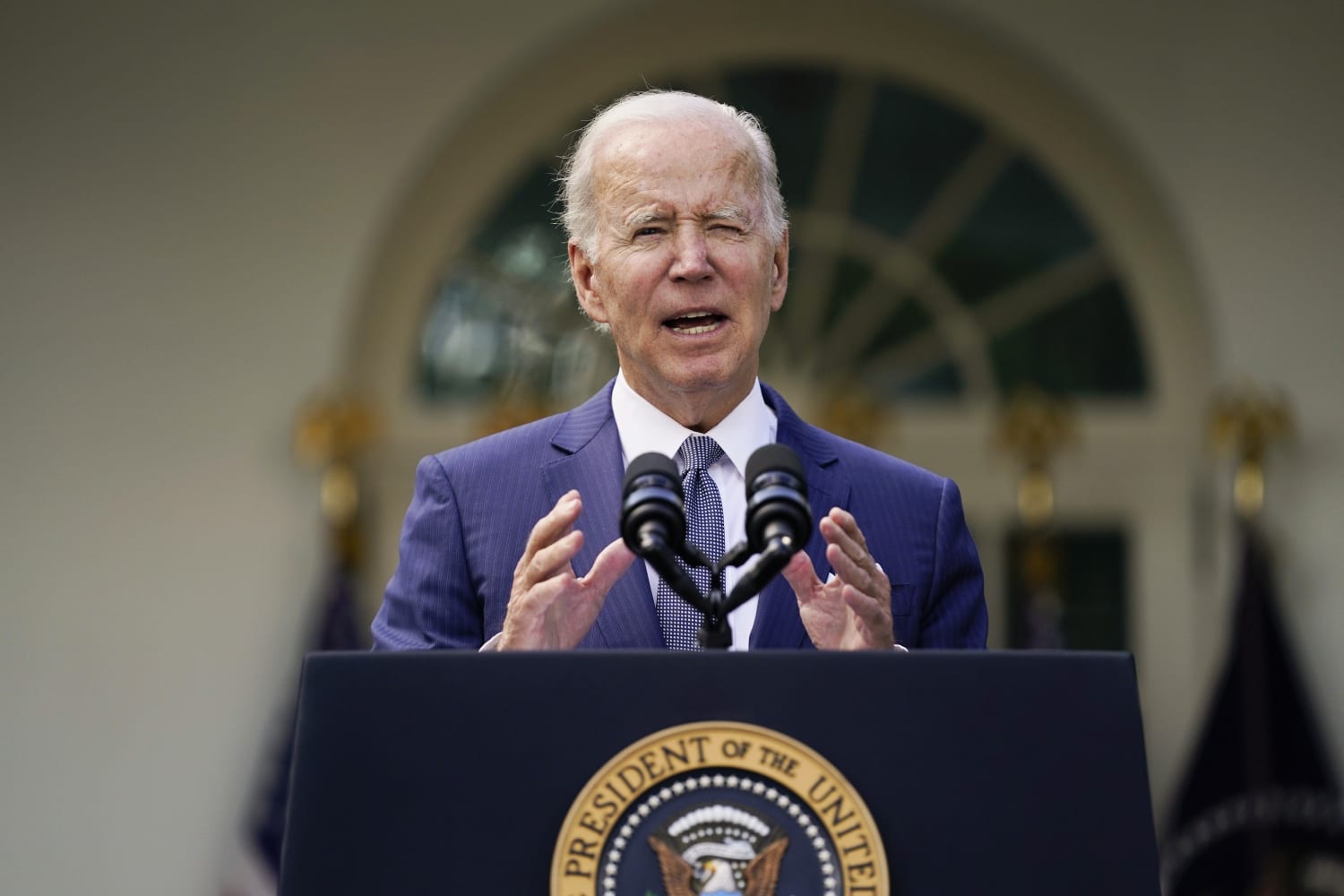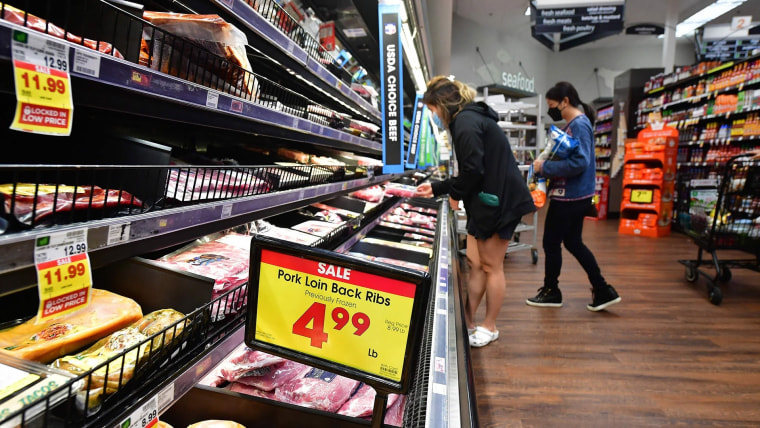President Joe Biden said his administration will commit more than $8 billion in private and public sector funding as part of its plans to end hunger and reduce diet-related disease by 2030.
“I really know we can do this, end hunger in this country by the year 2030 and lower the toll that diet-related diseases take on far too many Americans,” Biden said during a conference on hunger, nutrition and health in Washington, D.C., on Wednesday. “This goal is within our reach, just look at how far we’ve come on child poverty.”
The conference outlined new actions that business, civic, academic and philanthropic leaders will take to try to improve food access and affordability, help consumers make healthy dietary choices, support physical activity and enhance nutrition and food security research.
Of the $8 billion in new commitments invested in the action, at least $2.5 billion will go toward start-up companies focused on solutions to hunger and food insecurity. More than $4 billion will go to philanthropy aimed at improving access to nutritious food, promoting healthy choices and increasing physical activity.
As part of its plans, the administration is working on proposing a standardized front-of-package labeling system to help consumers more readily understand nutrition information, the White House said. In addition, the federal nutrition assistance program known as SNAP will offer additional benefits in the coming fiscal year averaging about $26 per person each month, the Agriculture Department said. The White House also aims to expand access to healthy, free school meals for 9 million more children by 2032 and expand SNAP eligibility and extend summer benefits to more kids.
“In America, no child, no child should go to bed hungry or parent,” Biden said. “No parent should die of a disease that can be prevented.”
An administration official said 500 people were expected to attend Wednesday’s conference, representing a “cross-section” of urban and rural farmers, business leaders, academics, activists, community leaders, and state, local and tribal governments — “people with lived experience from every corner of the country.” More than 1,000 people are expected to attend virtually, the official added.
“Food and nutrition insecurity still remains unacceptably high,” said Agriculture Secretary Tom Vilsack at the conference. “We also face a rising prevalence of diet-related diseases like Type 2 diabetes, obesity, hypertension, which disproportionately impact underserved communities.”
Rep. Jim McGovern, D-Mass., and Sens. Cory Booker, D-N.J., and Mike Braun, R-Ind., who, along with the late Rep. Jackie Walorski, R-Ind., introduced the legislation that convened the conference.
The conference comes more than 50 years after the first such event, during the Nixon administration, which led to the creation and expansion of programs such as SNAP, the Special Supplemental Nutrition Program for Women, Infants and Children, and the National School Breakfast and Lunch Program.
Source: | This article originally belongs to Nbcnews.com











